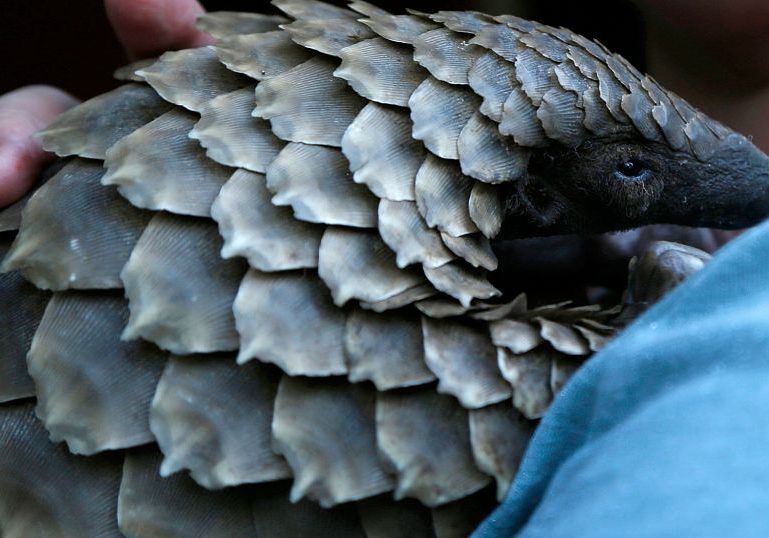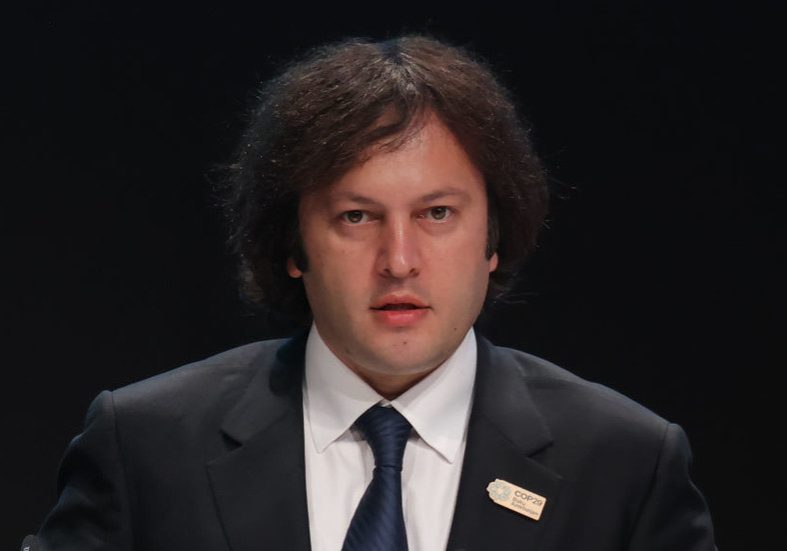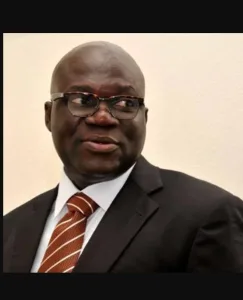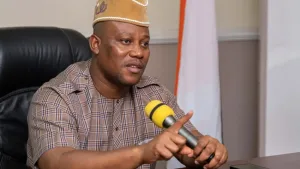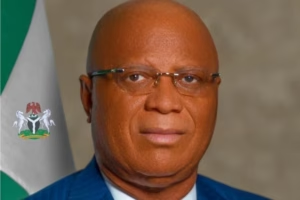Somalia’s Expulsion of Peacekeepers Threatens Mission Independence
In a move that has sent shockwaves through the international community, the Federal Government of Somalia has once again invoked the ‘persona non grata’ principle to expel senior representatives of African Union (AU) and United Nations (UN) missions. The latest casualty is Sivuyile Bam, Acting Head of the AU Support and Stabilization Mission in Somalia (AUSSOM), who was declared ‘persona non grata’ by the Somali government. This development has significant implications for the independence of peace support missions and the delicate balance between host nations and international organizations.
The UN and AU have been supporting Somalia in its protracted civil war for almost two decades, with the AU deploying three consecutive peace support operations (PSOs) to help defeat violent extremist groups, protect civilians, and rebuild the country’s governance capacity. Despite the many challenges and the persistent threat of al-Shabaab, these missions have helped stabilize the country, with Somalia consolidating its government structures and liberating several regions from the extremist group.
However, the Somali government’s actions have raised concerns about the independence of these missions. By expelling senior representatives, Somalia is undermining the ability of these missions to carry out their mandated tasks. This is not an isolated incident, as Somalia has used similar tactics in the past to expel senior leaders of AU and UN missions. In 2022, former AU Commission Chairperson Special Representative Ambassador Francisco Madeira was ejected, while in 2019, the UN Secretary General’s Special Envoy and Mission Head Nicholas Haysom was expelled.
The AU Commission has withdrawn Bam from the mission, citing his briefing to the UN Security Council in April, which highlighted AUSSOM’s funding and capabilities challenges, as the reason for his expulsion. This move has significant implications for the effectiveness of AUSSOM, which has been operating without a permanent head since mid-April.
The situation in Somalia highlights the dilemma of state sovereignty and the need to manage the principle of local ownership in peace operations. While local ownership is crucial to a mission’s effectiveness, it is equally important to ensure the strategic and operational independence of these missions. The UN and AU must jointly define the role of host nations to ensure the independence of existing and future peace missions.
As Meressa K Dessu, Senior Researcher and Training Coordinator at the Institute for Security Studies (ISS) in Addis Ababa, notes, "The latest developments in Somalia call for a rethink of how these relationships are structured and managed." The international community must come together to address the implications of these actions and ensure that peace support missions can operate independently and effectively.
The threat of expulsion undermines the morale of mission personnel and their ability to act independently according to their mandates. Operational independence is vital to a mission’s legitimacy in the eyes of host nation communities and the world. As the UN and AU explore the future of peace support operations, they must consider the implications of these developments and work towards finding a solution that balances the need for local ownership with the need for mission independence.

